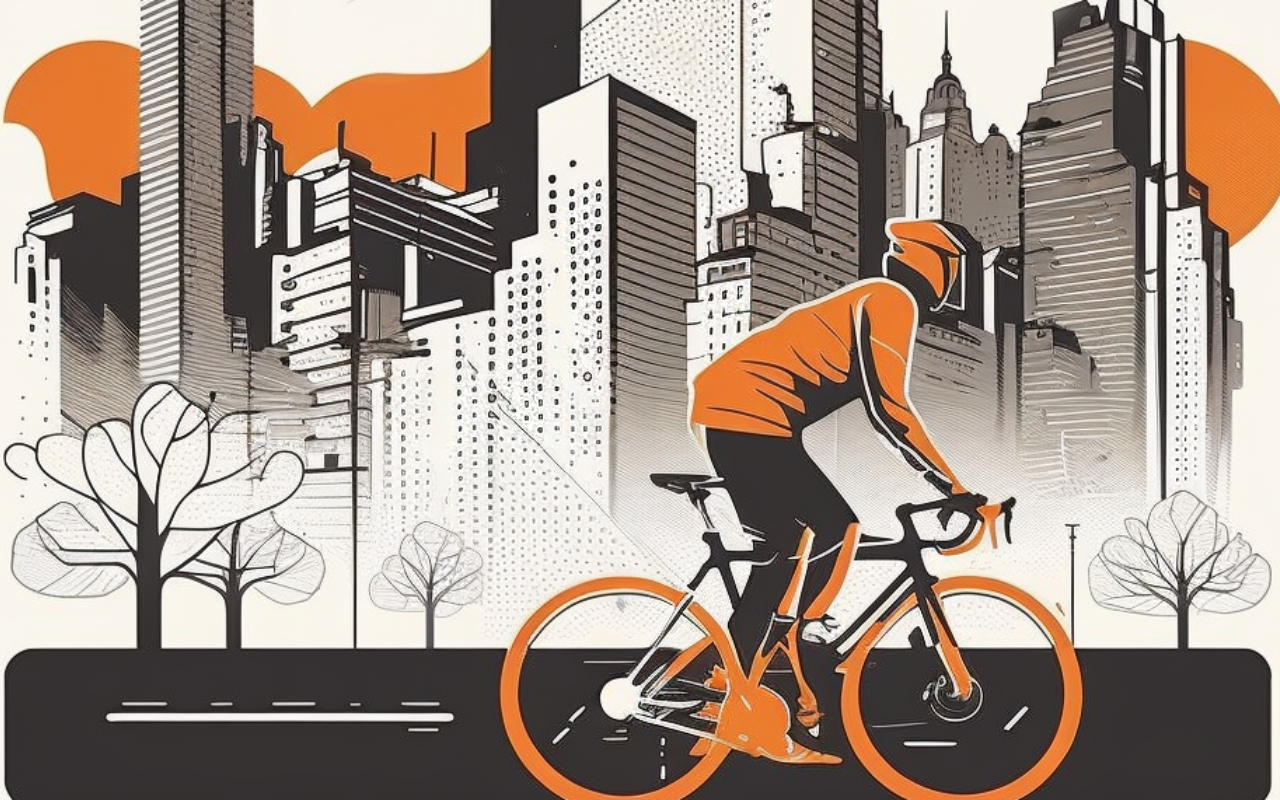Despite spending billions on an integrated bus and rail system, Johannesburg remains a city largely reliant on informal transport to get most residents moving.
When the city was awarded the 2010 World Cup, its leadership raced to figure out how to transport the millions of fans who attended the event. In their quest to figure out what to do and better understand the city's public transport system, former head of transport, Rehana Moosajee, says executives even took part in an 'Amazing Race' style challenge to test and better understand how difficult it was to get around the city for its most vulnerable citizens. For her, the race highlighted a critical problem facing the city— the people in key decision-making positions, she realised, had "no idea what the lived reality of people who are trying to get from one part of the city to another is daily." "They were all car captive", she says. "We've lost our humanity in policymaking and in public service."
After scrambling to plan and build what was billed as the first such system on the African continent, the city put on a show for the rest of the world while talk of the World Cup's infrastructure legacy reigned.
A decade later, Soweto-based cycling enthusiast Tebogo Galagala, founder of the Biking Bandits, professes not to see this legacy's benefits. He and his crew are fighting to make cycling a viable alternative to the failing public system, which has failed to deliver its promise. But, despite the enthusiasm, making headway has not been easy.
Moosajee still believes in the decisions made and implementation of the Football World Cup-focused BRT/IRT system her team introduced to the city with an eye on its future. In this episode, she details some of the challenges they faced dealing with informal minibus owners who have had unbridled control of the city's major transport routes for decades.
Benjamin de la Pena, CEO of the Chicago-based think-tank Shared-Use Mobility Center, has spent many years studying and advocating for alternative approaches and thinking about "informal" mobility systems like South Africa's. He says these systems aren't all bad, and a lot can be learnt from them.









